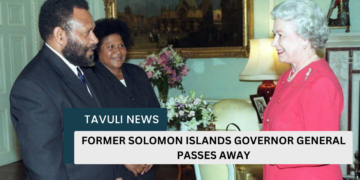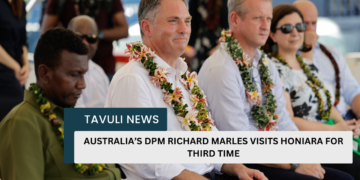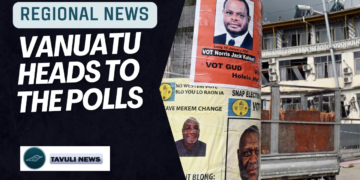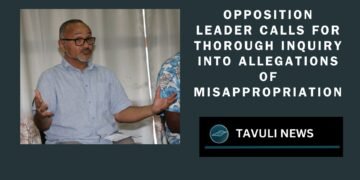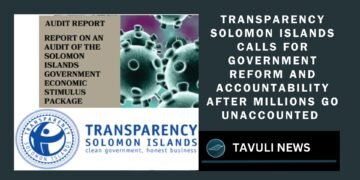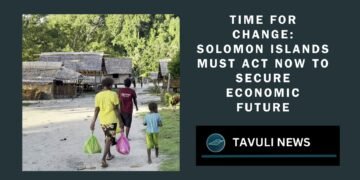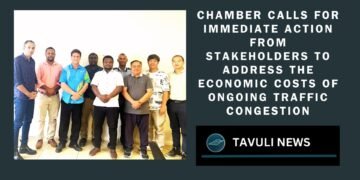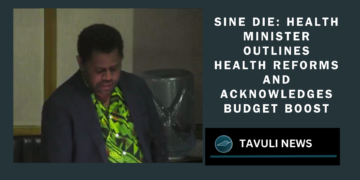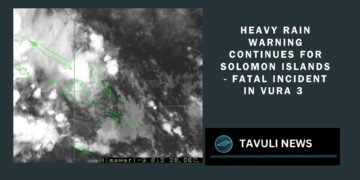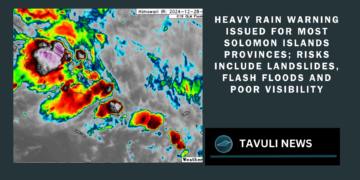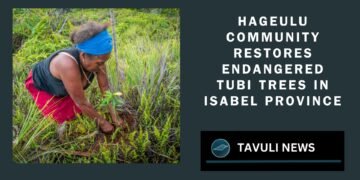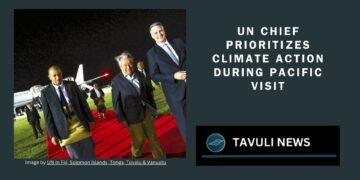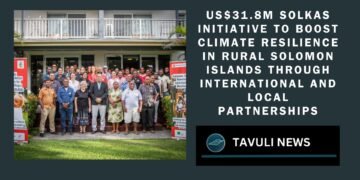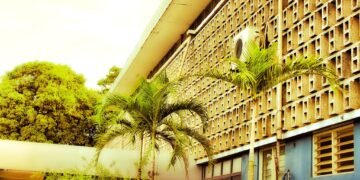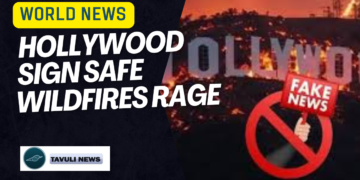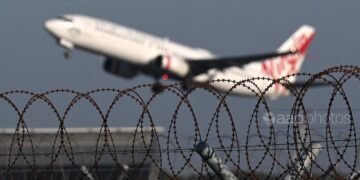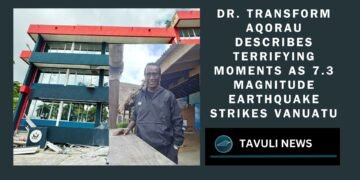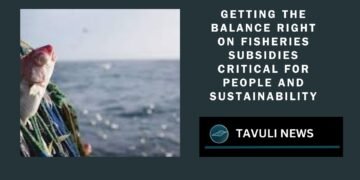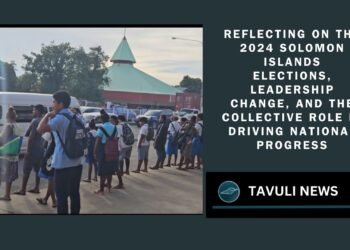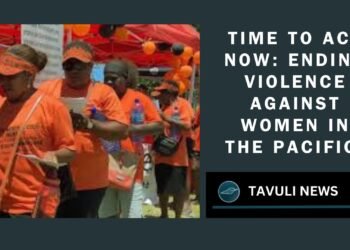By Benjamin Afuga, Yumi Toktok Forum
The Solomon Islands, a nation built on cultural traditions and community, is struggling with an unsettling issue: the growing wealth of its leaders and elites without clear explanations of their income sources. As public servants and politicians display increasing signs of lavish lifestyles—multiple expensive vehicles, several houses, and other luxury assets—there are growing calls for the introduction of an Unexplained Wealth Law to help address concerns over potential corruption.
The growing problem of unexplained wealth
Recent years have seen Solomon Islands’ leaders enjoying unprecedented wealth, far beyond the typical earnings of their government roles. This rise in affluence has fuelled public suspicion and frustration, with many citizens asking how such individuals, whose salaries are publicly known, can afford such luxuries. For instance, some politicians and government officials are seen driving high-end vehicles, living in gated mansions, and traveling frequently, despite the limited financial means their official positions would normally provide. This growing disparity between the wealthy elite and the rest of the population points to a critical question: where is this money coming from?
A solution in the unexplained wealth law
An Unexplained Wealth Law could be the answer. This law empowers authorities to investigate individuals whose assets far exceed their lawful earnings. It puts the onus on the suspect to explain how they acquired their wealth. If they fail to justify it, authorities have the power to confiscate assets that cannot be explained. Unlike other laws that focus on proving direct involvement in corruption or criminal activities, the unexplained wealth law shifts the focus to the disproportionate accumulation of wealth itself. This would work for both the law and the suspect—allowing legitimate income to be defended while questioning and seizing properties acquired through dubious means.
Several countries, such as Australia, the United Kingdom, and Fiji, have already implemented such laws to combat corruption. These nations have seen successful cases where unexplained wealth was either clarified or confiscated, deterring individuals from engaging in corrupt practices for fear of losing their ill-gotten gains.
The ESP Audit: A missed opportunity
The case for an unexplained wealth law in the Solomon Islands is made even stronger by recent audit findings of the Economic Stimulus Package (ESP) funds. The ESP was rolled out to mitigate the economic impacts of the COVID-19 pandemic, intending to assist small businesses and vulnerable sectors. However, the audit revealed significant flaws in how the funds were distributed and managed. There were several cases of mismanagement, with funds being allocated to entities with questionable legitimacy or ties to political figures. Yet, despite these troubling findings, no robust mechanism exists to investigate whether those implicated have accumulated unexplained wealth. An unexplained wealth law could have been the perfect tool for authorities to trace whether public funds from initiatives like ESP were funnelled into private wealth.
The public sentiment and the need for reform
The introduction of such a law would resonate with the public’s growing demands for transparency and accountability. Many Solomon Islanders are frustrated by the visible gap between the rich and the rest of the population. The wealth of a few contrasts sharply with the persistent challenges faced by the majority—high unemployment rates, struggling public services, and poor infrastructure. The implementation of an unexplained wealth law would not only target corruption but would also help restore public trust in leadership. It would signal a serious commitment by the government to ensure that officials, elected or otherwise, cannot abuse their positions for personal gain without facing legal consequences.
Beyond the law: Strengthening institutions
Of course, the effectiveness of an unexplained wealth law depends heavily on the strength and independence of the institutions tasked with enforcing it. The Royal Solomon Islands Police Force (RSIPF), the judiciary, and anti-corruption bodies need to be adequately resourced and empowered to act without political interference. In recent times, there have been concerns over the independence of key institutions, with some being accused of political bias or reluctance to prosecute high-ranking officials. For the unexplained wealth law to work, the Solomon Islands must commit to not only enacting the law but also fortifying the institutions that will implement it.
Conclusion: A path forward
As the Solomon Islands continues its journey of nation-building, addressing corruption and the accumulation of unexplained wealth must be a priority. An unexplained wealth law would give authorities the legal tools to ensure that wealth gained through dubious means is questioned and potentially seized. Such a law would provide transparency and accountability, sending a strong message that those in power are not above the law. While it is not a cure-all for the issues of corruption, it is a step in the right direction—a step that many Solomon Islanders are calling for, to ensure that wealth in the country is gained through legitimate means and serves the broader community rather than the interests of a few.
Disclaimer: The perspectives presented in this column are those of the writer and are independent of the views of Tavuli News.



